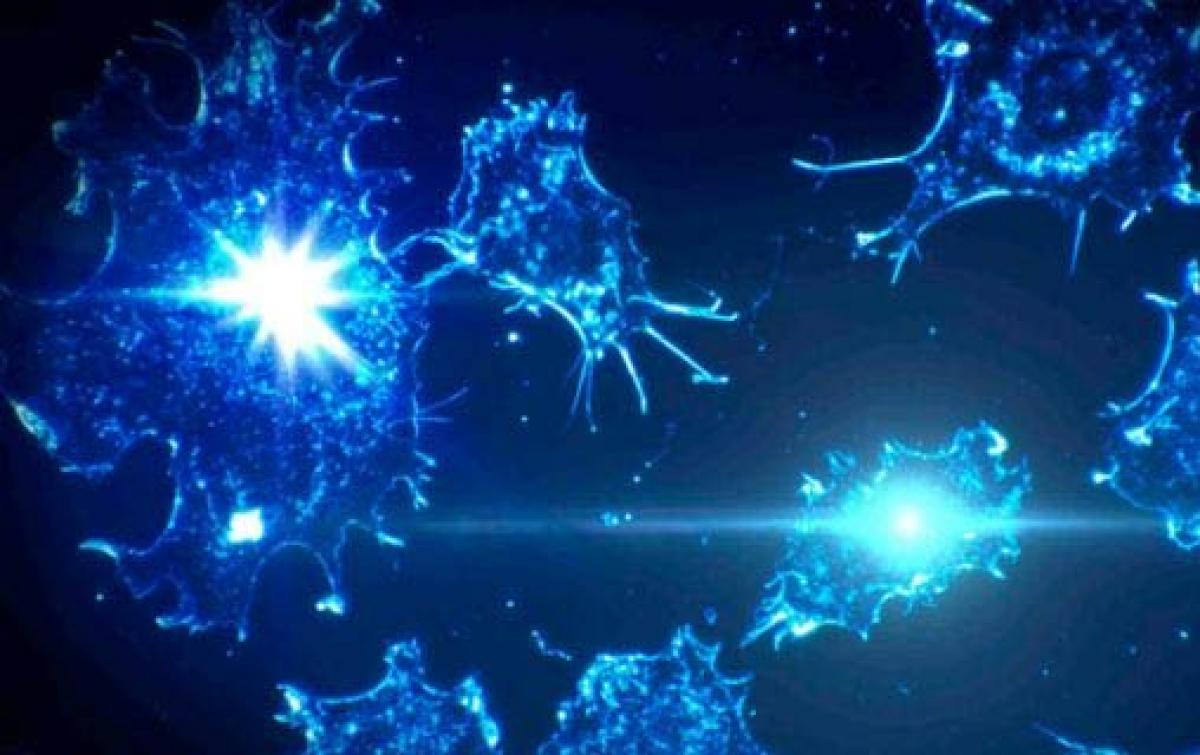Live
- Sydney train network to shut down for four days amid pay dispute
- Cambodia's parliament to approve new Foreign Minister
- Streamlining Disorganized Payment Systems: Thejas Prasad’s Expertise Centralizes Payment Processes into a Unified Oracle Cloud Solution
- J&K Police arrests three drug peddlers in Srinagar
- Godhra victims still waiting for justice: Digvijaya Singh
- Sick industrial units: Bengal govt streamlines monitoring of recovery of loans
- ADB, Tuvalu sign 16.53 million USD grant to improve water, sanitation
- Jharkhand polls: Issues of 'Roti, Beti, Maati' & tribal identity dominated campaign rhetoric
- Kharge seeks President’s intervention to restore normalcy in Manipur
- India aims for equity and balance when negotiating FTAs: Piyush Goyal





.jpg) Houston:
Houston:



